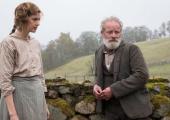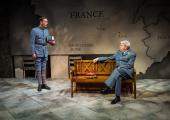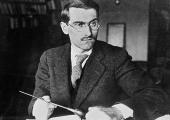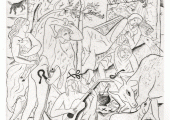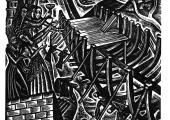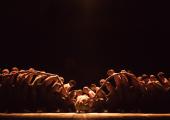In Parenthesis, Welsh National Opera
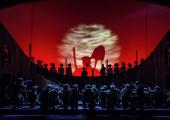
New Somme opera turns intimate poem into wide-screen epic with mixed results
War may be a dramatic affair for anyone involved in it, but staging it is another matter. In fact describing it satisfactorily at all needs either a Tolstoyan flair for the large canvas, or else a poetic genius for directing its force inwards, into self-reflection or religious contemplation or the kind of intense verbal music, rich in historical and literary allusion, that the great Welsh artist and writer David Jones made his own in his long, tragic prose-poem, In Parenthesis.


